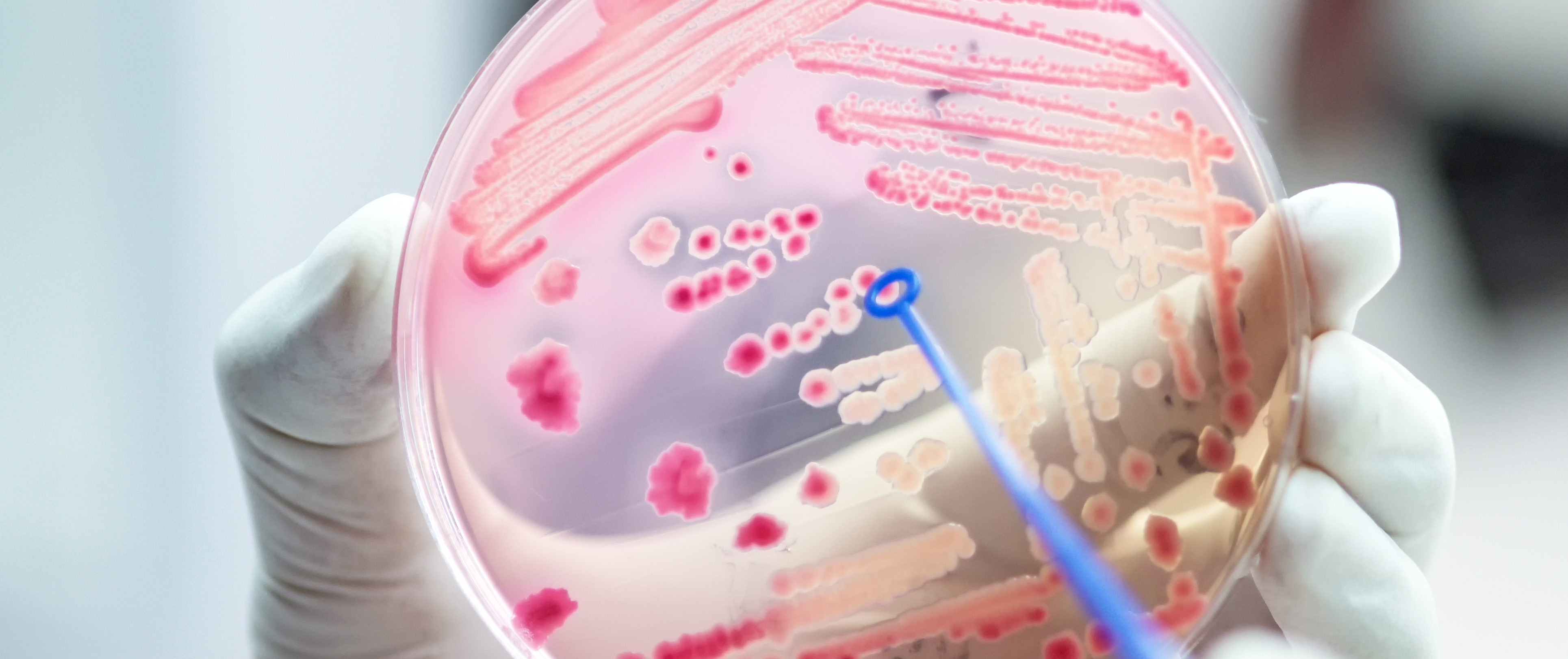The UK leads the fight against antimicrobial resistance

UK Secretary of State for Health and Social Care, Rt Hon Matt Hancock MP is today calling on world leaders to follow the UK’s lead in the global fight against superbugs as he launches the UK 20-year vision for antimicrobial resistance (AMR).
Speaking at the World Economic Forum in Davos today Mr Hancock is making the case for AMR to be treated as a global emergency which can only be tackled by collaboration across borders. He paints a picture of a world where treatable infections become untreatable and routine surgery like hip operations become too risky to carry out without urgent global action. He believes antimicrobial resistance is as big a danger to humanity as climate change or warfare saying: “We are on the cusp of a world where a simple graze could be deadly. ”
The Secretary of State is backed by UK Prime Minister, Rt Hon Theresa May MP who believes that AMR is a threat that cannot be ignored. She says “It is vital that we tackle the spread of drug-resistant infections before routine operations and minor illnesses become life-threatening.
Since 2014 the UK has cut the use of antibiotics by more than 7 per cent and sales of antibiotics in food-producing animals dropped by 40 per cent. However, the number of drug-resistant bloodstream infections has increased by 35 per cent from 2012-2017.
The UK plan calls for the drugs industry to take more responsibility for anti-biotic resistance citing the way drug companies are paid as a barrier to the development of effective new drugs. Under the plan, a new payment model will be underway within six months, designed to make investing in new drugs for priority infections more commercially attractive.
UK Government investment AMR related research and development awareness already tops £615m. In addition, 13 successful projects will receive funding £10m of funding as part of the Small Business Research to tackle AMR in humans.
However, the Plan acknowledges that AMR is not simply a human issue. Combatting resistance will take a ‘One-Health’ approach across humans, animals, the environment and food, in line with global ambitions and in collaboration with other nations, partners and the international community. The inappropriate use of anti-infectives and antimicrobials in human and animal medicine, in plants and crops is rapidly accelerating the pace at which it develops and spreads.
The Chief Medical Officer for England, Professor Dame Sally Davies who has been a powerful advocate for tackling AMR globally welcomed the UK strategy commenting: “Too many people are already dying as a result of drug-resistant infections around the world” adding “This is not just a health issue, it is a social and economic one. The fate of modern medicine now rests on strong leadership, bold action and collaboration across nations. ”
The full plan can be found here.

